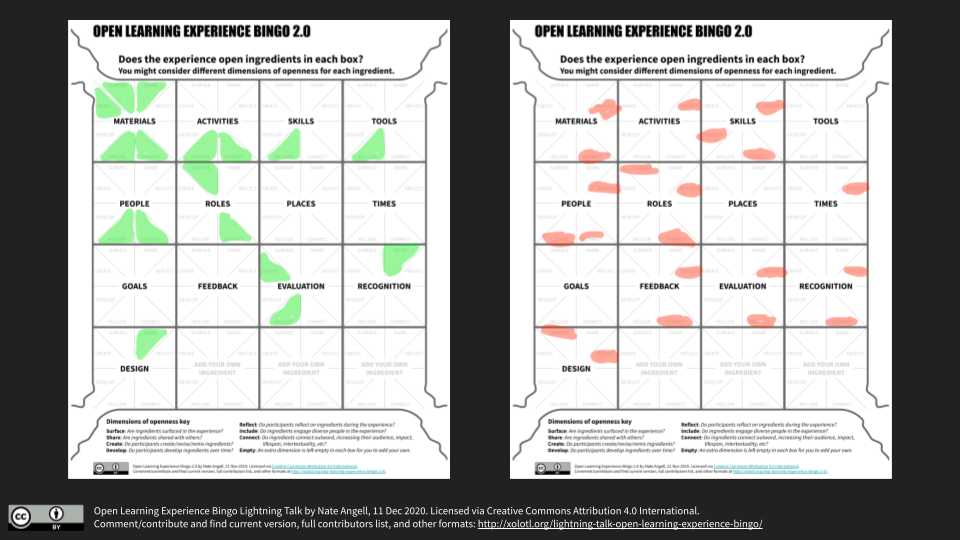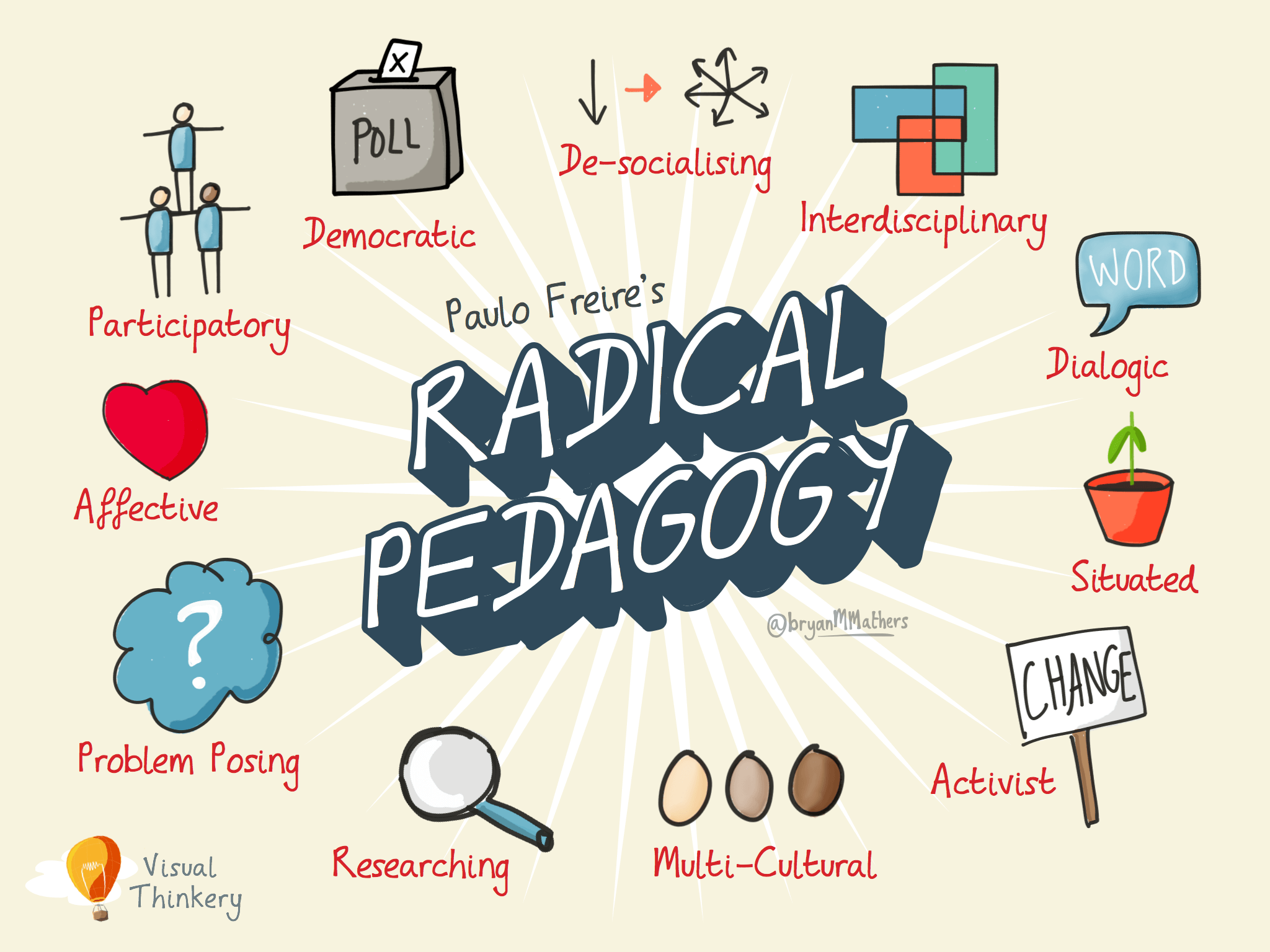to become co-creators of knowledge
Many examples of open pedagogy can fit here! For example, see the Deltia Project a citizen science project from NC State University, shared at OERcamp 2021.
See "https://sched.co/rYTm"
We have connected a citizen science project (go.ncsu.edu/delftia) to several undergraduate and graduate courses through the use of public student projects shared openly. As part of courses assignments, students create and use OERs made by peers to learn about the microbes around us and technologies to improve sustainability and biotechnologies.

